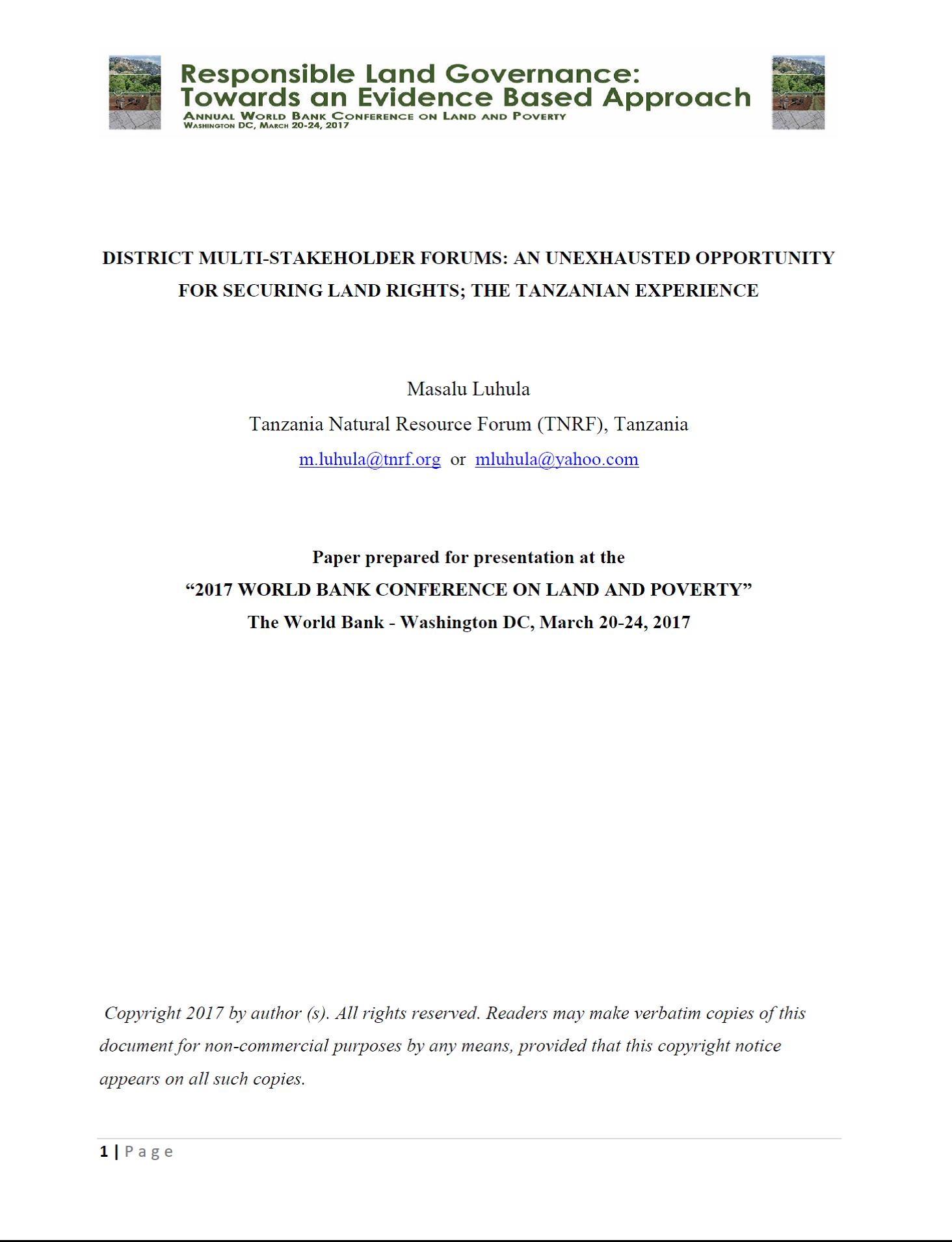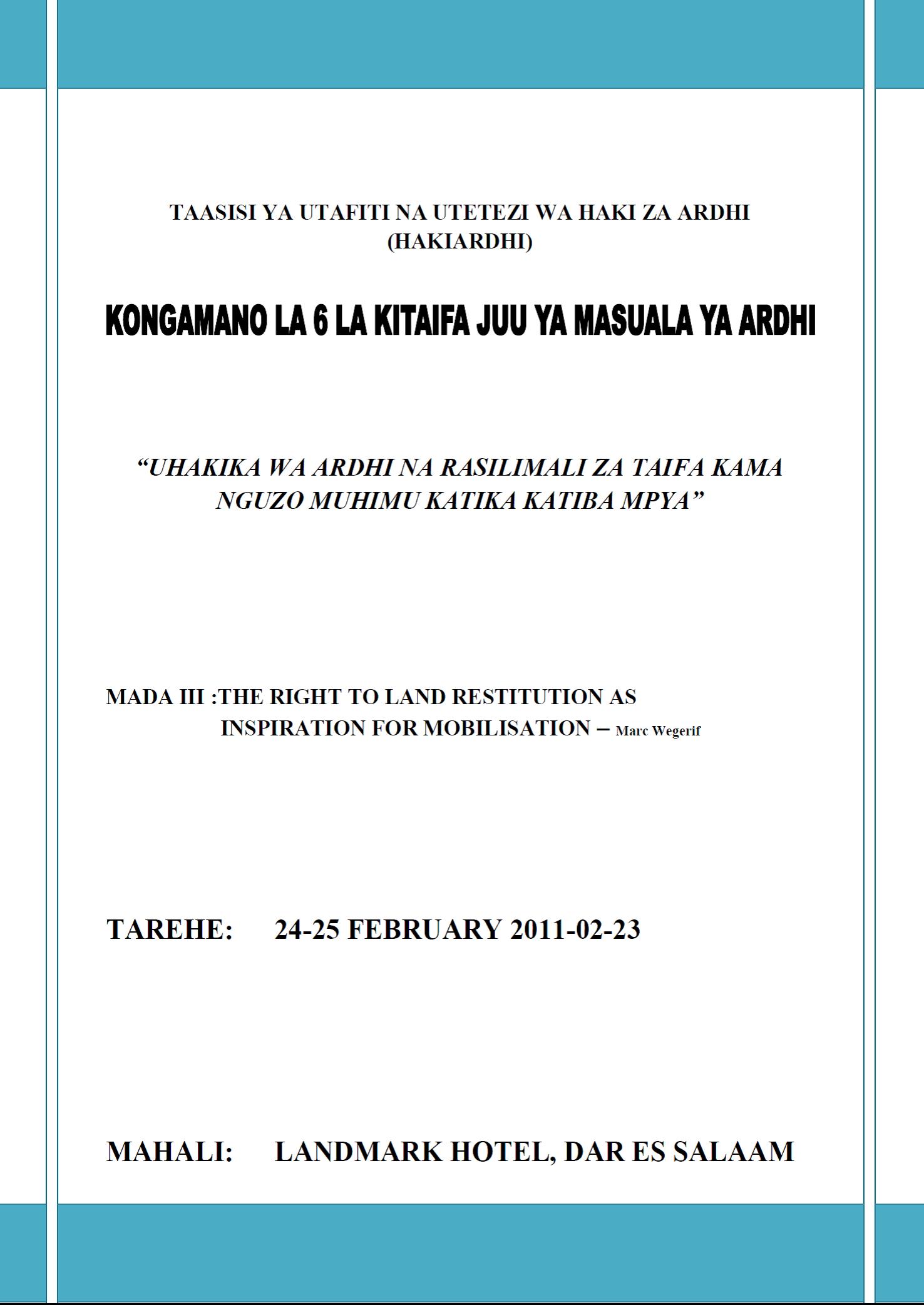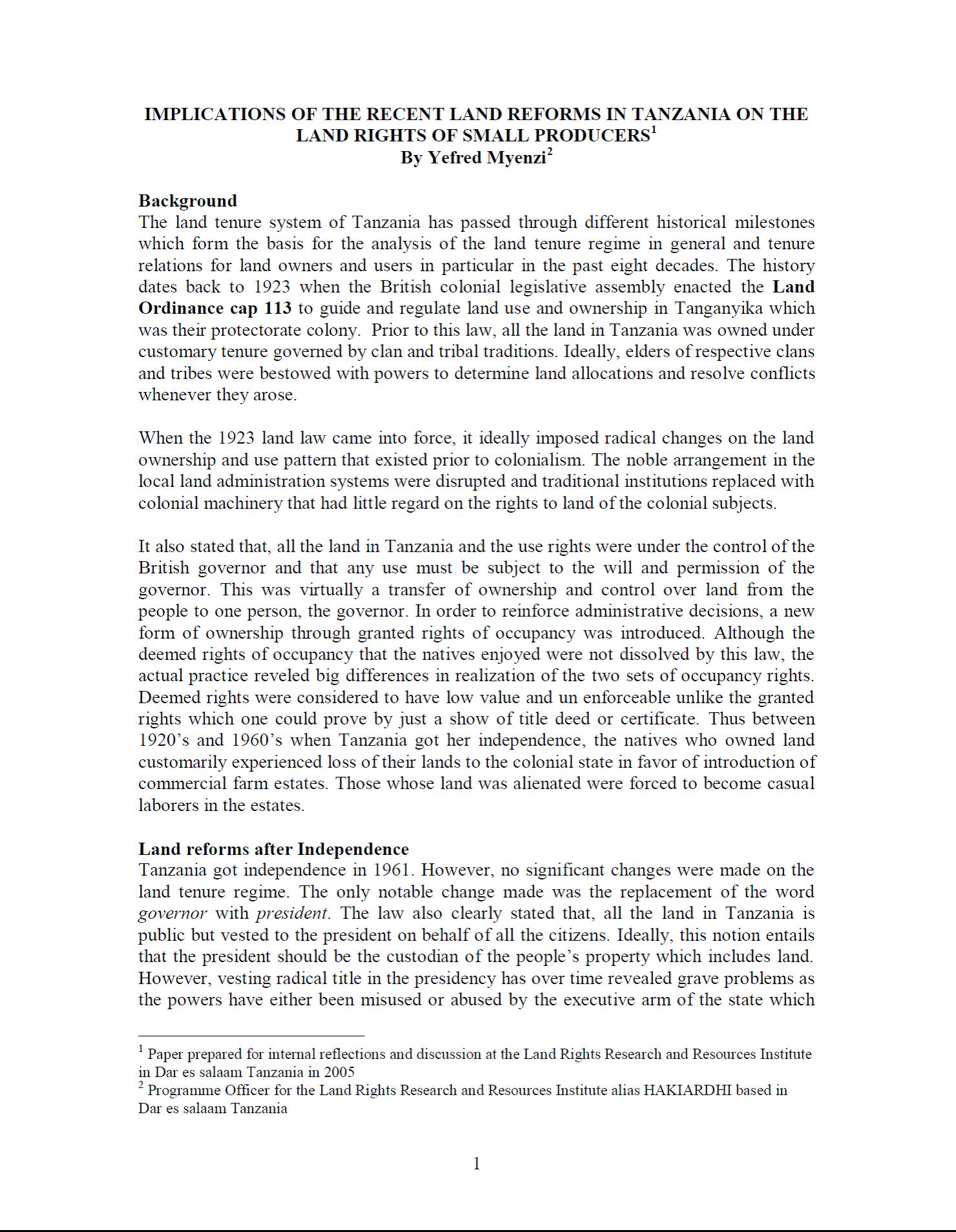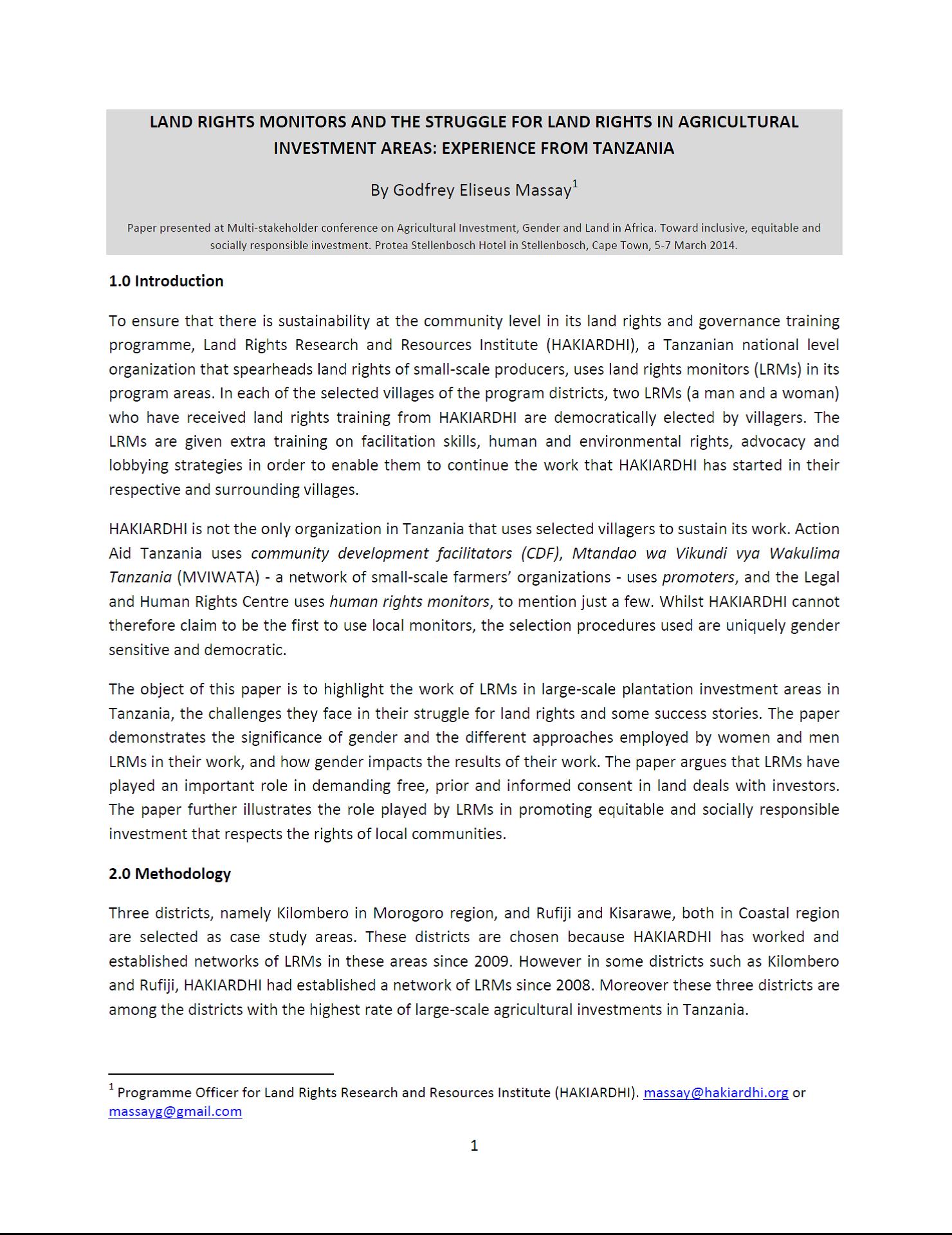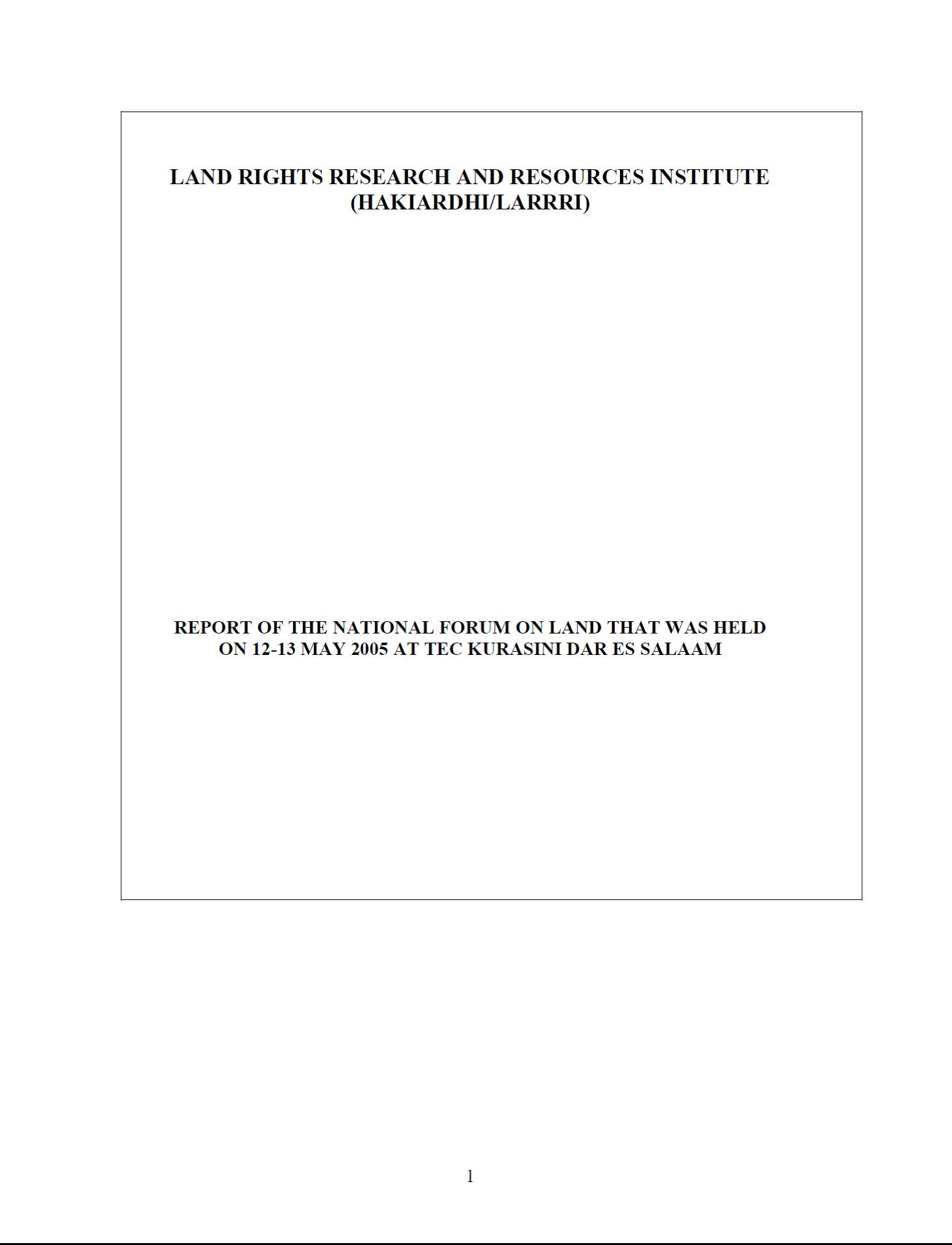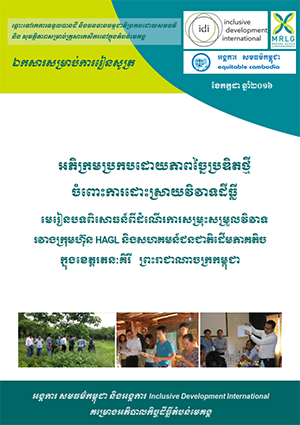Pourquoi il est si difficile d’appliquer une politique de gestion durable des forêts
Pour de nombreux pays, la mise en place d’une politique rationnelle de gestion des forêts est une tâche difficile. Une des raisons à cela est que différents secteurs stratégiques (politique énergétique, politique du commerce extérieur, par exemple) sont étroitement liés à la politique de gestion des forêts et qu’il faut tenir compte des intérêts d’une multitude d’acteurs.




